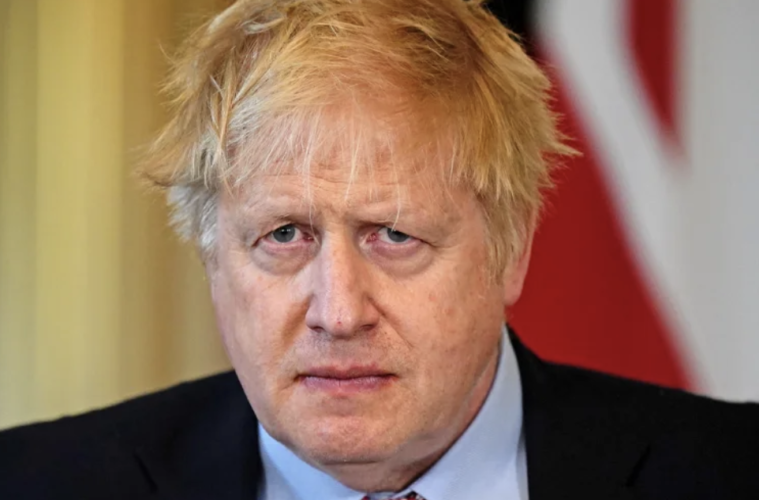COVID: Boris Johnson refused to talk with Drakeford and Nicola Sturgeon.
In a move that has raised eyebrows across the United Kingdom, Prime Minister Boris Johnson has refused talks with First Ministers Mark Drakeford of Wales and Nicola Sturgeon of Scotland regarding the ongoing COVID-19 crisis. This decision comes at a critical time when coordinated efforts among the UK’s leaders are crucial to navigating the challenges posed by the pandemic.
The refusal to engage in discussions with the leaders of devolved governments underscores the deepening political divides within the country, leaving many questioning the government’s commitment to a unified response to the pandemic. While Downing Street has not provided detailed reasons for Johnson’s decision, critics argue that such a lack of communication could have far-reaching consequences on the nation’s ability to effectively combat the virus.
An excerpt of messages between Dominic Cummings and Boris Johnson has been revealed in the published evidence. In one message, Cummings advises Johnson, stating, “You must chair daily meetings in the Cabinet room starting tomorrow – not COBRA – to address this issue. I plan to inform the system about this directive.” The message goes on, emphasizing, “And please, no more constant interruptions from the DAs on the phone; it hampers people from speaking the truth openly.”
“In March 2020, an agreement was reached among all four chief medical officers, the Department for Health and Social Care, and the Department for Digital, Culture, Media, and Sport to prepare advice for COBR’s consideration regarding the approach to mass gatherings.
Following the meeting, Nicola Sturgeon was the initial spokesperson to address the media, announcing the cancellation of mass gatherings involving over 500 people starting from Monday. This announcement garnered significant public attention and appeared to mark the first noticeable divergence in the national, UK-wide strategy.”
Mr. Johnson acknowledged Sturgeon’s decision, stating, “It was her prerogative. She had to do what she believed was best for the health of her constituents. However, I now recognize that this occasionally divergent approach among the four nations posed an increasing challenge in terms of presentation. Looking back, it might have been more effective if we had formulated policies under the Civil Contingencies Act 2004, ensuring a unified approach throughout the United Kingdom. We could have convened regular meetings, involving both the UK Government and the Devolved Administrations, to collaboratively shape and adhere to the policies.”
His statement elaborated, “While I did preside over certain Four Nation COBR meetings, I preferred to have Michael Gove take the lead. There were two compelling reasons for this decision, apart from the overwhelming workload. Firstly, there was a principled concern. It seemed inappropriate for the UK Prime Minister to routinely convene meetings with other Devolved Administration First Ministers as if the UK were akin to a miniature European Union consisting of four nations meeting as a ‘council’ within a federal structure. The optics of such a setup raised concerns about the constitutional balance. Secondly, from a practical standpoint, delegating this responsibility allowed for a smoother division of tasks, ensuring that the response efforts could be efficiently coordinated across the nations.”
The refusal of talks between Prime Minister Boris Johnson and the leaders of the devolved administrations, Mark Drakeford and Nicola Sturgeon, has cast a shadow over the UK’s ability to combat the ongoing COVID-19 crisis effectively. In times of unprecedented challenges, unity, cooperation, and open dialogue are not just political necessities but moral imperatives. The nation watches and waits, hopeful that the leaders will prioritize the well-being of the people above political differences, fostering a collaborative approach that is essential to overcoming this global crisis.
Published by HOLR Magazine.


